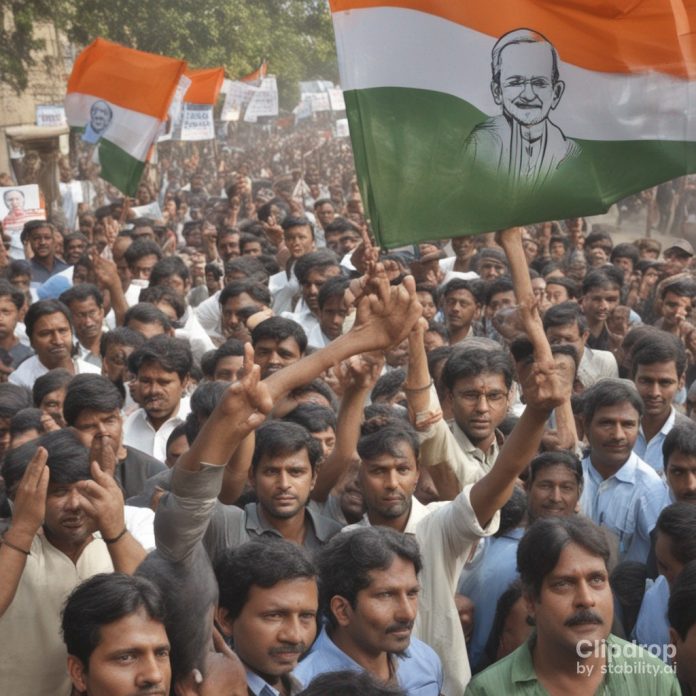Introduction
Political campaigning is a cornerstone of democratic processes, allowing candidates to present their ideas, policies, and visions to the electorate. In India, a diverse and vibrant democracy, political campaigning plays a pivotal role in shaping public opinion and influencing election outcomes. However, the ethics of political campaigning have often come under scrutiny, raising questions about fairness, transparency, and the boundaries of acceptable conduct. This blog delves into the complex landscape of political campaigning ethics in India, examining both the challenges and the potential solutions.
- The Power of Political Campaigning
Political campaigns in India are characterized by their scale and intensity. With a population of over 1.3 billion people and multiple languages, regions, and cultures, campaigns need to be tailored to a diverse audience. Campaigns involve a mix of strategies, including public rallies, social media, door-to-door canvassing, and traditional media outlets. While these methods allow parties to connect with voters, they also bring forth ethical challenges.
- Ethical Challenges in Political Campaigning
a. Misinformation and Fake News: The spread of misinformation and fake news has become a significant concern in political campaigns. False narratives, doctored images, and misleading information can sway public opinion and erode trust in the democratic process. Campaigns may exploit this to tarnish opponents or amplify their own agendas.
b. Identity Politics: Playing on religious, caste, or regional identities to garner support is a divisive practice that can lead to polarization and perpetuate societal fault lines. While addressing the concerns of specific communities is important, campaigns must avoid exploiting these differences for electoral gains.
c. Financial Transparency: Political campaigns require substantial funds for advertisements, rallies, and other activities. Maintaining transparency in campaign financing is crucial to prevent corruption and undue influence. Concealing the sources of funding raises ethical questions about accountability and fairness.
d. Negative Campaigning: While critiquing opponents is a legitimate aspect of campaigns, excessive negative campaigning that focuses solely on personal attacks rather than policy differences can degrade the overall political discourse.
- Solutions for Ethical Political Campaigning
a. Fact-Checking and Accountability: Independent fact-checking bodies could be established to monitor campaign statements and advertisements. This would discourage the spread of false information and hold campaigns accountable for their claims.
b. Civic Education: Promoting civic education and media literacy would empower voters to critically assess campaign messages and discern between factual information and propaganda.
c. Code of Conduct: Implementing a clear code of conduct for political campaigning, enforced by an impartial electoral commission, can define the boundaries of ethical campaigning and penalize violations.
d. Digital Responsibility: Social media platforms can play a role by implementing stricter policies against fake accounts, bots, and misinformation. Campaigns should also commit to ethical social media practices.
e. Public Financing: Introducing public financing for campaigns could reduce the influence of money in politics, ensuring a more level playing field and reducing the likelihood of unethical funding sources.
Conclusion
In India, the ethics of political campaigning are a dynamic and evolving issue that requires continuous reflection and improvement. Striking the right balance between free expression, healthy debate, and ethical conduct is crucial for the health of Indian democracy. By addressing the challenges and implementing proactive solutions, political campaigns can become a more genuine and ethical vehicle for the exchange of ideas and the selection of leaders who truly represent the aspirations of the people.

